The turkey industry is focused on food safety, preventing and fighting animal disease, and increasing consumer demand for our products in 2018.
Low wholesale turkey prices have been an ongoing trend throughout 2018; however, The U.S. Department of Agriculture’s (USDA’s) most recent outlook indicates an increase in prices for 2019. As the industry enters what has historically been our biggest season, the National Turkey Federation (NTF) remains hopeful that supplies and demand will move more into balance, providing a welcome boost for the coming year.
The turkey industry is paying careful attention to the ongoing debate regarding trade access. The industry wants to sell more turkey, and NTF supports efforts to expand opportunities for U.S. exports. Additionally, NTF urges a quick and fair conclusion to trade negotiations with Mexico and Canada. Turkey exports to Mexico increased by almost 7 percent in the first half of 2018. Mexico is the turkey industry’s largest export customer and stabilizing this trade relationship is of vital importance to our members.
NTF is also engaging with the White House and the animal agriculture industry regarding cell-cultured protein. This will certainly be a topic of debate in 2019, and NTF will continue to advocate for these lab-grown products to fall under USDA jurisdiction.
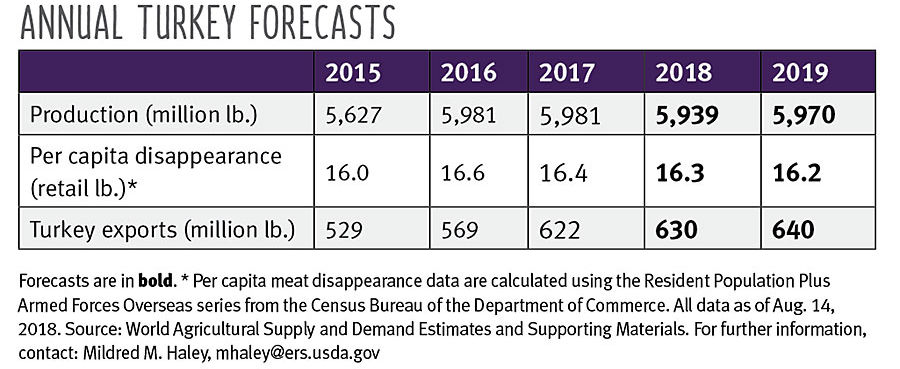
Focusing on food safety
Food safety is a top priority for the turkey industry, and we take great pride in providing safe, nutritious products to consumers. When the industry learns there may be a food-safety issue present, we act quickly to examine the problem and take the steps needed to protect public health.
In July, the Centers for Disease Control and Prevention (CDC) announced an investigation into multistate illnesses attributed to Salmonella Reading. Epidemiologic evidence suggests raw turkey products and raw turkey pet food are possible sources. No specific product, brand, facility or company has been linked to the illnesses, nor did the CDC recommend consumers stop consuming turkey products.
The turkey industry is cooperating fully with the investigation. Our members are individually reviewing their Salmonella control programs in all phases of turkey production as well as working collectively through NTF to address all strains of Salmonella. NTF has also continued proactive public messaging of safe practices for handling and preparing turkey.
A targeted focus on and awareness of food safety will remain a priority for NTF in 2019. NTF remains committed to working with our members and federal stakeholders to address Salmonella. We are pleased with the progress we have made in reducing Salmonella and continue to look for scientific and technological innovations that would help us control naturally occurring pathogens in food products.
Keeping flocks healthy
Each flock that leaves the farm for processing represents months of hard work and valuable resources. That’s why it’s so important that the turkey industry have more robust tools to help protect our investments and keep our flocks healthy. The 2015 highly pathogenic avian influenza (HPAI) outbreak sent a ripple effect throughout the industry. It has taken several years to quell the significant market disruption felt after HPAI. The industry has taken numerous, highly effective steps to bolster the biosecurity of farms and prepare for any future outbreak, but there is a need for a more comprehensive, proactive approach at the federal level to ensure the animal agriculture industry is well-equipped to immediately respond to a crisis.
To fill that need, NTF has been a leading voice in support of the inclusion of a three-tiered program to help fight animal diseases in the 2018 Farm Bill. The Animal Pest, Disease and Disaster Prevention and Response Program (APAD) focuses on identifying, mitigating and preventing the potential catastrophic effects of an animal disease outbreak on our country’s food security, export markets and overall economic stability. APAD brings together the federal government and state governments, universities, scientists and the industry with the shared goal of earlier detection of a potential problem and rapid response. Part of this proposal calls for the full funding of the National Animal Health Laboratory Network, the first line of defense in animal disease prevention and testing. It also enhances the ability of animal agriculture to respond quickly to disease by establishing an Animal Vaccine Bank.
NTF has carried our member’s support of APAD to the halls of Congress. Including full, mandatory funding for APAD in the 2018 Farm Bill, still under consideration as of mid-September, would provide the turkey industry more certainty as we work to keep our flocks healthy and grow demand for turkey products.
Innovation on the menu
Where there’s smoke, there’s turkey. We’re exploring new, innovative ways to introduce Americans to turkey and taking this lean, versatile protein on the road to America’s best pitmasters. For just the second time, turkey was featured in the open competition at the 2018 American Royal World Series of Barbecue in Kansas City. Nearly 200 teams registered for the Turkey Smoke. Turkey soaks up flavor, making it a great addition to the BBQ lineup for professional pitmasters and home enthusiasts alike. NTF will continue our efforts to bring turkey to more barbecue competitions across the country.
NTF is also focused on spurring demand for turkey products by harnessing the power of social media and bringing recipes and creative meal ideas right to consumers’ fingertips. NTF and our members will continue to actively engage consumers and put turkey on the menu morning, noon and night. The state of the turkey industry is strong, and we look toward 2019 with optimism. NP

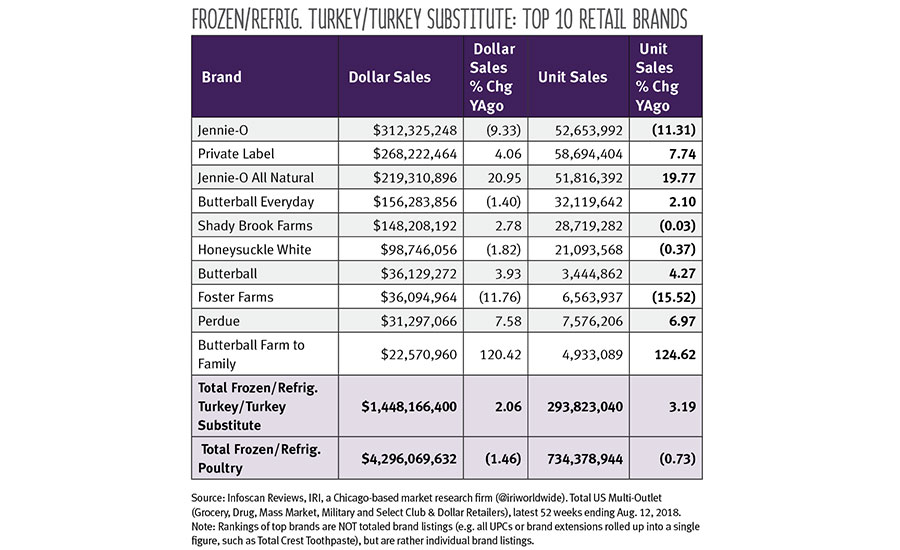
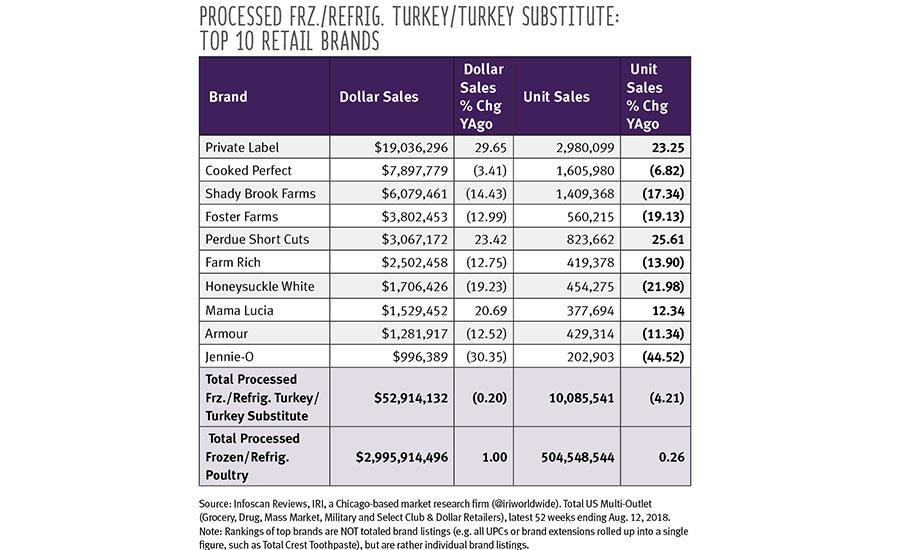
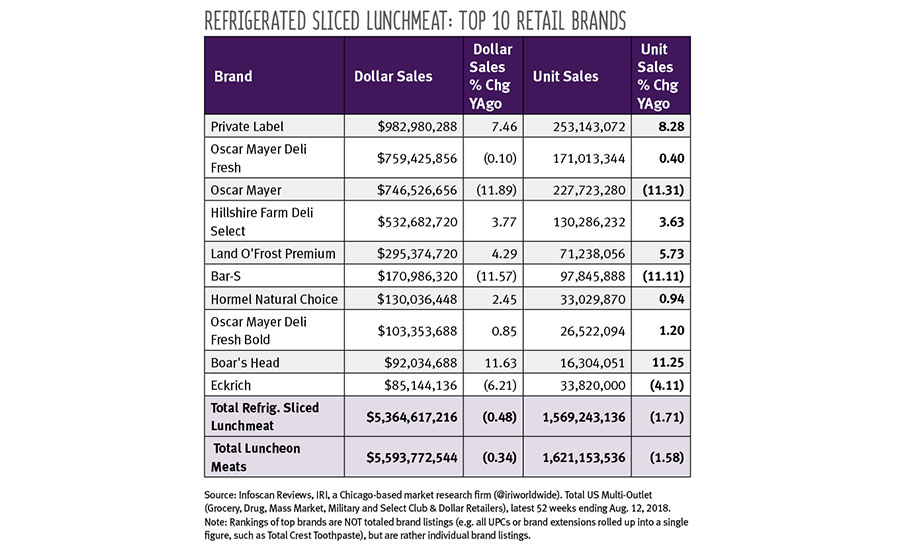


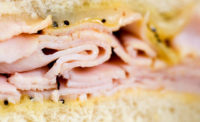
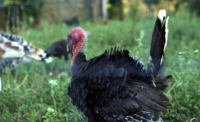
Report Abusive Comment